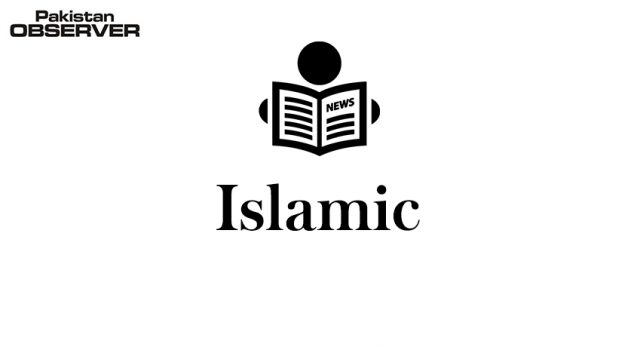Jordan Royt
As commercial banks across the world find themselves on the brink of crisis while the global pandemic halts financial transactions among civil society, the Islamic banking system faces unconventional challenges. COVID-19 establishes a new platform for evaluating how Islamic banking responds to economic chaos.
Islamic banking follows the principle of non-interest banking. Sharia Law justifies and propagates this non-interest banking on the basis that the collection of interest (riba) breaks the natural bonds between individuals, reinforces immoral behavior, and leads to social unrest. A specific banking system pertaining to the religion emerged upon the conception of Islam itself in the seventh century. Middle Ages trade and business in the Muslim world oriented itself around the principles of Fiqh al-Muamalat, the Islamic banking system.
The opportunities one can invest in are further in line with the religious laws, emphasizing that most forms of banking in the Islamic world are far from the secular structure. Islamic banking is a culturally distinct form of the ethical investing concept — the practice of using one’s ethical principles as guidance in investment selections — found in the commercial banking system. Investments involving alcohol, gambling, and other forbidden industries are prohibited under the framework of Islamic banking.
Focusing on the operations of the system, the collection or payment of riba is prohibited in exchange for an equity participation system. The equity participation system, far from legally binding interest collection, depends entirely on the trust and ethical behavior of the bank’s customers. While commercial banks generate revenue through interest paid on the wide range of business loans one can take out, an Islamic bank receives a share of the profit from the business it loaned to. If the business fails to earn a profit, the bank does not benefit. In theory, this system promotes collaboration between the bank and its customers and encourages a community role in the success of a business through setting up a system where benefits for industry are intimately linked to the benefits of another. In practice, the interworkings of the system are ambiguous, leading to the propagation of crisis.
Most guidelines found in Sharia Law arise from interpretations of the Qu’ran and Hadith, a compilation of the believed sayings and actions of Islam’s leading figure, the Prophet Muhammad. Many of Islam’s principle debates surround variants in interpretation on a number of topics- riba collection being one of them. Muslims do not unanimously agree that the Qu’ran imposes prohibition of riba. In an added layer of complexity, there is no ultimate authority or leading organization governing the Islamic financial industry.
The lack of a governing body leaves much room for interpretation of the rules and regulations of Islamic financing, essentially fragmenting the banking system by country, and in some cases, by specific banks themselves. The existence of various sects in Islam, and each sect having its own authority and interpretation of Shariah issues further hinders the ability for the Islamic bank to be a multi-national, unified, and coherent industry
All Islamic banks consist of a Shariah board intended to oversee and verify the conformity of the bank’s behaviors with their interpretation of Shariah Law.
The differences in interpretation and by extension, differences in bank policy, lead to a phenomenon titled ‘fatwa shopping.’ Similar to forum shopping, a practice in which a client attempts to plead their case in a court most likely to provide judgment in their favour, ‘fatwa shopping’ consists of investors seeking loans from a bank whose Sharia board interprets finance law in a way that benefits the investor. A ‘fatwa’ is a religious ruling given by a scholar on the matter of Islamic laws. Thus, in the financial framework, fatwas vary depending on the bank’s Sharia board.
The lack of an overarching body and the resulting ambiguity of a correct operation of the Islamic bank impedes the success of the system in terms of both its reach and its prolonged adherence to the bank’s fundamental principles. Iran’s seemingly perpetual economic disarray highlights the collapse of the Islamic bank, further impacted by COVID-19’s blow to business.
Despite the Islamic banking industry rising steadily since its re-emergence in the 1960s, an increasingly modern and globalizing world is testing the moral limits of the system, forcing the governments and bodies orchestrating the bank’s behavior to adapt to rapidly changing economic circumstances. (Courtesy: Int’l Policy Digest)










